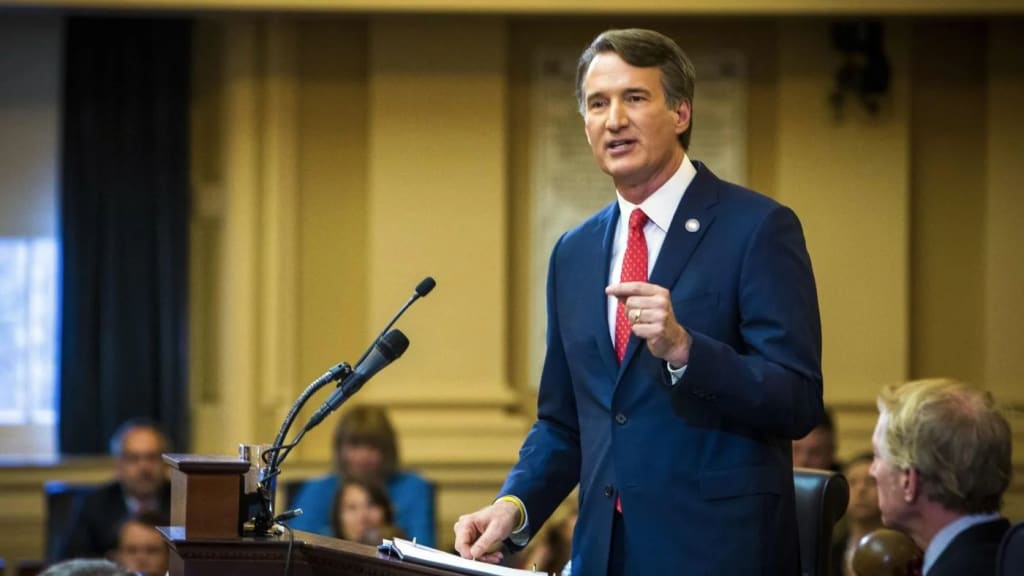VPN Usage and the Legal Landscape
Protecting First Amendment Rights within the Bounds of the Law

Virtual Private Networks (VPNs) have become powerful tools that allow individuals to bypass content restrictions, access unrestricted information, and protect their First Amendment rights. However, understanding the legal landscape surrounding VPN usage is crucial to ensure compliance and responsible utilization of these technologies. This article explores the legality of VPN usage, emphasizing the role VPNs play in protecting freedom of speech and preserving First Amendment rights while adhering to applicable laws and regulations.
Understanding the Legality of VPN Usage
VPNs themselves are legal in most jurisdictions, including the United States and many other countries. They are widely used for legitimate purposes such as securing internet connections, protecting privacy, and accessing geo-restricted content. However, the legality of VPN usage can vary depending on the specific activities performed while connected to a VPN and the jurisdiction in which the user resides.
Lawmakers and Content Restrictions
In some cases, lawmakers who believe in blocking access to certain websites may not fully grasp the extent to which legally protected technology, such as VPNs, easily circumvents those restrictions. Recent developments in Virginia and Utah serve as examples of how lawmakers attempt to regulate online content but may face challenges in effectively implementing such restrictions.
Virginia's Age Verification Law
Virginia recently passed an age verification law that affects adult content websites such as Pornhub. The law requires these websites to establish methods for verifying users' ages, such as submitting digital copies of identification or using specific age verification systems. Failure to comply with the law could expose websites to civil lawsuits in Virginia. The intention behind the law is to protect children from accessing explicit material online, as stated by a spokesperson for Governor Glenn Youngkin.
Utah's Similar Law and Legal Challenges
Similarly, Utah implemented a comparable law targeting adult content websites, leading to legal challenges. The Free Speech Coalition, a trade association for the adult industry, and other parties filed a lawsuit contesting the law's constitutionality. While the outcome of the legal challenge is yet to be determined, it highlights the complexities and potential conflicts that arise when lawmakers attempt to restrict access to online content.
The Role of VPNs in Circumventing Content Restrictions
Despite the efforts of lawmakers to block access to specific websites, VPNs provide individuals with a means to bypass these restrictions. By connecting to a VPN server located in a different region or country, users can mask their IP addresses and appear as if they are accessing the internet from the server's location. This capability allows users to effectively circumvent content restrictions imposed by governments or other entities, ensuring access to unrestricted information and protecting their First Amendment rights.
Protecting First Amendment Rights
The First Amendment of the United States Constitution guarantees the freedom of speech, religion, press, assembly, and the right to petition the government. VPNs play a crucial role in protecting these rights by enabling individuals to access unrestricted information and express their opinions freely online. VPNs empower users to exercise their First Amendment rights even in the face of content restrictions or attempts to limit access to information.
Legal Considerations
While VPNs are generally legal tools, the legality of specific VPN activities may vary depending on the jurisdiction and the intended use. Some countries have laws that restrict or prohibit certain VPN activities, such as using VPNs to engage in illegal activities or evade law enforcement. Users should familiarize themselves with the legal framework in their country to ensure responsible VPN usage that respects local laws and regulations.
VPNs offer valuable tools to protect First Amendment rights and promote freedom of speech within the bounds of the law. Lawmakers who seek to block access to certain websites may not fully grasp the extent to which legally protected technology, like VPNs, can easily circumvent those restrictions. Recent examples from Virginia and Utah highlight the challenges faced by lawmakers attempting to regulate online content.
By leveraging VPNs for legitimate purposes, individuals can navigate the digital landscape while safeguarding their privacy, security, and First Amendment rights. It is important for users to remain aware of the legal considerations surrounding VPN usage, ensuring responsible and lawful utilization of these technologies. VPNs empower individuals to exercise their freedom of speech and access uncensored information, fostering a digital world that respects the fundamental principles of democracy and free expression.
About the Creator
Giorgio Valentini
Owner and digital marketing consultant of GGD Consulting Group. My aim is to help businesses develop robust marketing strategies that deliver long-term growth and success.






Comments
There are no comments for this story
Be the first to respond and start the conversation.